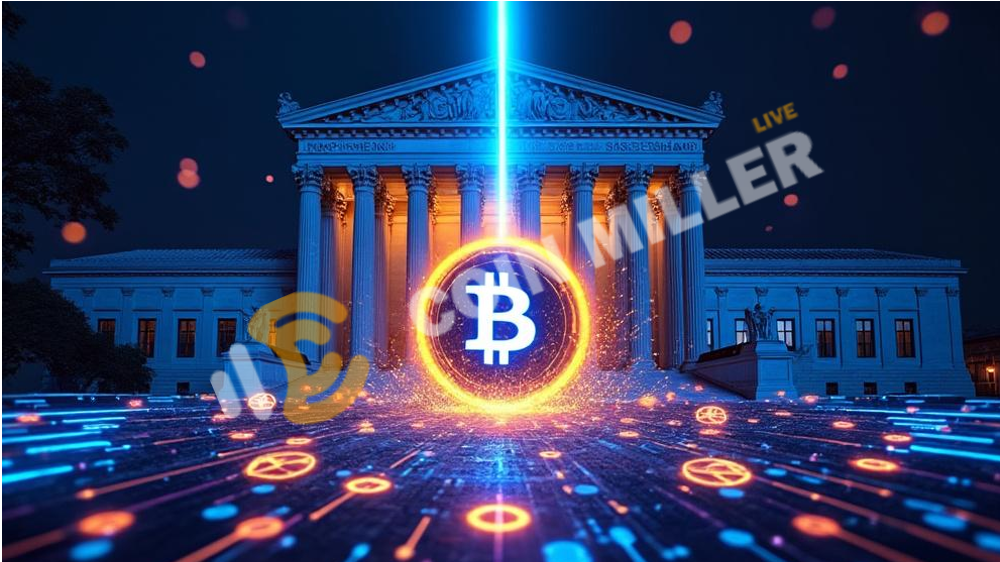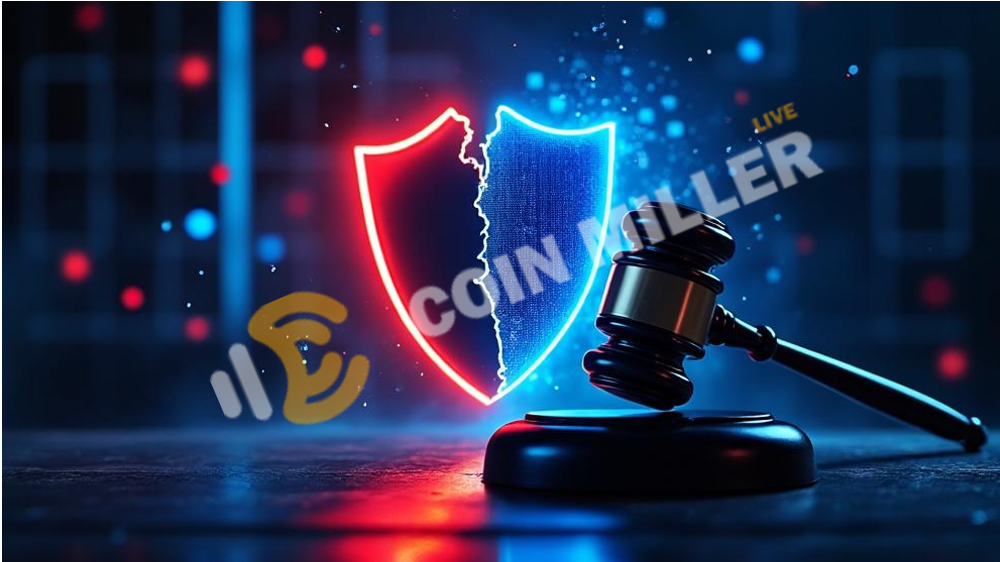Legislative Pushback Against Banking Authority
A new draft law introduced in Brazil’s Congress is taking direct aim at the central bank’s recent stablecoin regulations. Representative Rodrigo Valadares put forward the proposal that would effectively suspend the rules set to take effect in February. The core argument here is that the central bank stepped beyond its legal authority when it issued these regulations.
What’s interesting is how the draft frames this as a constitutional issue. Valadares claims the resolutions violate multiple principles including legality, legal certainty, and free enterprise. That’s pretty strong language for a legislative challenge. I think this reflects how significant these stablecoin rules are considered to be.
The Tax Implications That Sparked Concern
Perhaps the most contentious part of the central bank’s approach is how it treats stablecoin transactions. The bank classified them as equivalent to foreign-currency transactions. This isn’t just a technical classification change – it has real financial consequences.
The draft estimates this could expose users to nearly 2 billion in financial taxes. That’s a massive number, and it explains why there’s such pushback. When you reframe stablecoin movements as foreign currency transactions, you’re essentially creating new tax obligations that didn’t exist before.
But here’s where it gets tricky – is this actually creating new taxes, or just applying existing tax rules to new types of transactions? The draft seems to argue it’s the former, while the central bank would likely say it’s the latter.
Industry Reactions and International Context
The Brazilian crypto community hasn’t been quiet about this. Some are calling the potential impact “like a bomb” on the current industry. That’s dramatic language, but it shows how seriously they’re taking these regulations.
What I find notable is the international comparison angle. The draft argues that Brazil’s approach is “completely disengaged” from what countries like Japan and the U.S. are doing. That’s worth thinking about – are we seeing Brazil take a more restrictive path than other major economies?
The document specifically mentions competitiveness concerns. Brazil already faces challenges attracting investment, and the draft suggests these rules could create additional obstacles. That’s a practical economic argument beyond just the legal questions.
What Comes Next for Brazilian Crypto
If these rules go into effect as planned, it would represent a fundamental shift in how Brazilians use cryptocurrencies and stablecoins. We’re talking about changing established practices that have been growing in adoption.
But the legislative challenge creates uncertainty. If Congress supports this draft law, the central bank would have to go back to the drawing board. They’d need to reconsider their approach without overstepping congressional functions.
This feels like part of a larger global conversation about how to regulate stablecoins. Different countries are taking different approaches, and Brazil seems to be testing the boundaries of central bank authority in this space. The outcome here could set important precedents for how other nations approach similar regulatory questions.
What’s clear is that February will be an important month for Brazil’s crypto landscape. Either these rules take effect and change how people use stablecoins, or Congress intervenes and forces a different approach. Either way, it’s a significant moment for cryptocurrency regulation in one of Latin America’s largest economies.







